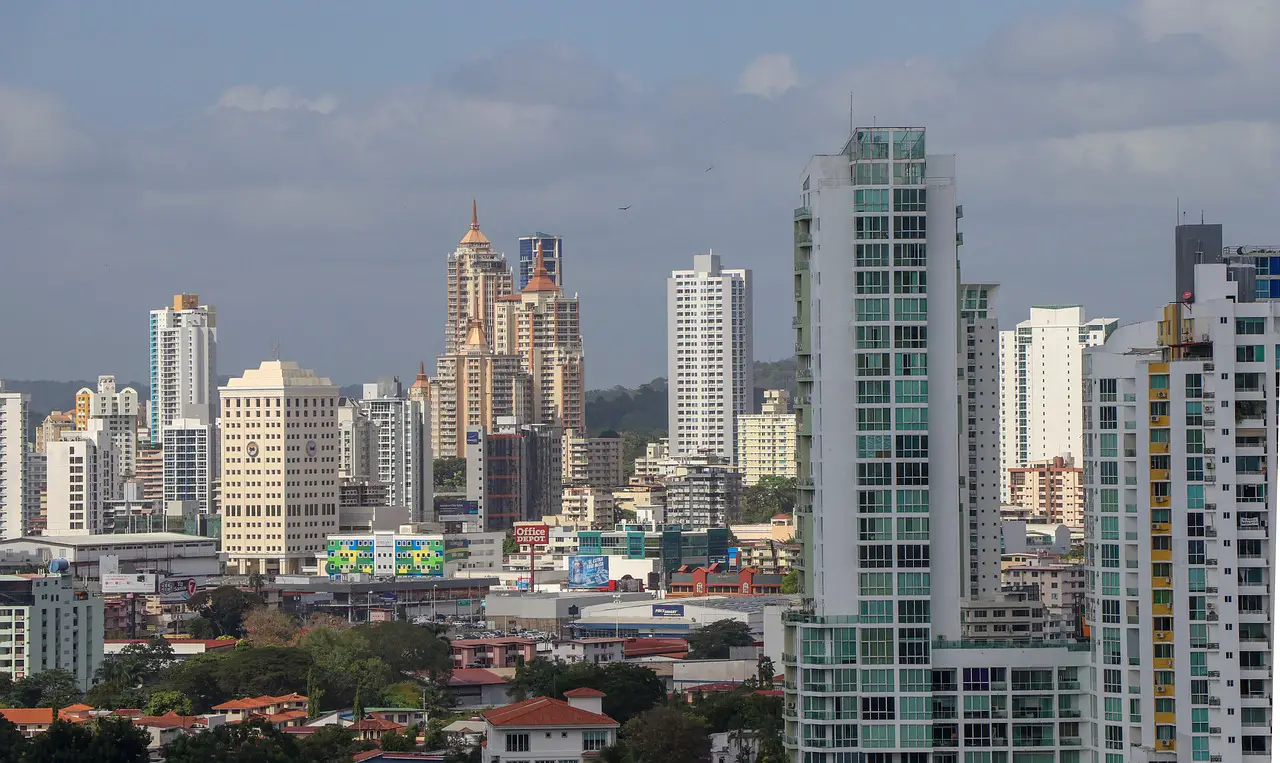In recent years, the concept of digital nomadism has gained popularity among remote workers and freelancers, as advances in technology have made it possible for people to work from anywhere in the world. As a result, many countries have introduced digital nomad visas to attract these location-independent professionals. Turkey, known for its rich history, vibrant culture, and stunning landscapes, has become an increasingly popular destination for digital nomads. In this comprehensive guide, we’ll provide you with all the information you need to navigate the Turkey digital nomad visa, including the visa application process, requirements, cost of living, and tips for a successful stay.
Turkey Digital Nomad Visa Overview
While Turkey has not yet introduced a specific digital nomad visa, it does offer a variety of visa options that can accommodate digital nomads, including the short-term tourist visa and the long-term residence permit. Depending on the length of your stay and your specific circumstances, you can choose the visa option that best suits your needs.
1.1. Short-term Tourist Visa (e-Visa)
The e-Visa is an electronic visa that allows foreign nationals to visit Turkey for tourism purposes. The e-Visa is valid for 180 days, with a maximum stay of 90 days within that period. This visa option is suitable for digital nomads who plan to stay in Turkey for a relatively short period.
To apply for an e-Visa, you’ll need to complete an online application form, pay the visa fee (which varies depending on your nationality), and provide a valid passport with at least six months’ validity from the date of your arrival in Turkey. The e-Visa application process is relatively straightforward and can be completed within a few minutes.
1.2. Long-term Residence Permit
If you plan to stay in Turkey for an extended period, you may consider applying for a long-term residence permit. This permit allows you to live and work in Turkey legally for up to one year, with the option to renew the permit for additional years.
To apply for a long-term residence permit, you’ll need to provide the following documentation:
A valid passport with at least six months’ validity from the date of your application
Proof of financial means to support yourself during your stay in Turkey (such as bank statements or a letter from your employer)
Proof of health insurance coverage for the duration of your stay
A rental contract or proof of accommodation in Turkey
A completed residence permit application form
The long-term residence permit application process can be more complex and time-consuming than the e-Visa process, so it’s essential to plan ahead and gather all the required documentation before applying.
Cost of Living in Turkey
While living and working in Turkey, it’s essential to have a clear understanding of the cost of living. Turkey offers a relatively affordable lifestyle compared to many other countries, but the cost of living can vary depending on the city and your lifestyle choices. Here’s a breakdown of some common expenses to help you budget for your stay in Turkey:
2.1. Accommodation
Accommodation costs in Turkey can vary depending on the city, type of housing, and location. On average, the monthly rent for a one-bedroom apartment in the city center ranges from USD 200 to USD 500, while a similar apartment outside the city center may cost between USD 150 and USD 400. If you prefer living in a more luxurious apartment or house, expect to pay significantly more.
2.2. Food and Groceries
Grocery shopping in Turkey is generally affordable, with a wide variety of fresh produce, meats, and other essentials available at local markets and supermarkets. A monthly grocery budget for a single person can range from USD
150 to USD 300, depending on your dietary preferences and shopping habits. Dining out in Turkey can also be quite affordable, with a meal at an inexpensive restaurant costing around USD 3 to USD 6, while a three-course meal for two at a mid-range restaurant may cost between USD 15 and USD 35.
2.3. Transportation
Public transportation in Turkey is relatively inexpensive and efficient. A one-way ticket on local public transportation can cost around USD 0.30 to USD 0.60, while a monthly pass ranges from USD 20 to USD 45, depending on the city. Taxis are also available and can be a convenient option for getting around, with a starting fare of about USD 0.70 to USD 1.50, and an additional cost per kilometer.
2.4. Utilities and Internet
Utility costs in Turkey, such as electricity, water, and gas, can range from USD 50 to USD 100 per month for a one-bedroom apartment. High-speed internet access is widely available in Turkey, with an average monthly cost of around USD 15 to USD 30.
Tips for a Successful Stay in Turkey
To make the most of your digital nomad experience in Turkey, consider the following tips:
Choose your location wisely: Turkey offers a variety of living environments, from bustling city centers like Istanbul and Ankara to more relaxed coastal towns and rural areas. Research the different regions and choose a location that suits your work, lifestyle preferences, and budget.
Network with other digital nomads: Join online forums, social media groups, and co-working spaces to connect with fellow digital nomads in Turkey. Building a supportive community can enhance your experience and help you navigate challenges that may arise during your stay.
Embrace local culture and customs: Turkey is known for its friendly locals, vibrant culture, and unique traditions. Immerse yourself in the local way of life by participating in cultural events, trying traditional cuisine, and engaging with the community.
Take advantage of outdoor activities: Turkey offers a wealth of outdoor activities, from exploring ancient ruins and historical sites to hiking and enjoying the country’s beautiful beaches. Make time to enjoy these activities and maintain a healthy work-life balance.
Manage your finances: Living in a country with an affordable cost of living can be an advantage, but it’s still important to track your expenses, set a realistic budget, and look for ways to save money.
In summary, Turkey offers a relatively affordable lifestyle and a range of visa options suitable for digital nomads. By understanding the visa application process, planning your budget, and following the tips outlined in this guide, you can enjoy a fulfilling experience while living and working in Turkey.
Turkey, as a digital nomad destination, provides an excellent balance between affordability and quality of life. The visa options available cater to digital nomads with different needs and stay durations, offering flexibility in planning your stay in this beautiful country. By being well-informed about the visa application process and making a realistic budget for your time in Turkey, you can make the most of your digital nomad experience.
The key to success as a digital nomad in Turkey lies in immersing yourself in the local culture, building a network of fellow remote workers, and taking advantage of the abundant opportunities for exploration and outdoor activities. By following the tips and advice provided in this guide, you can confidently navigate your journey as a digital nomad in Turkey, creating lasting memories and fostering personal and professional growth.














